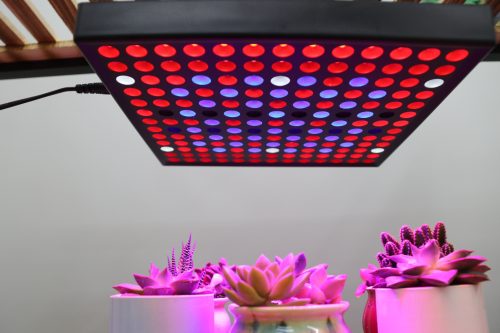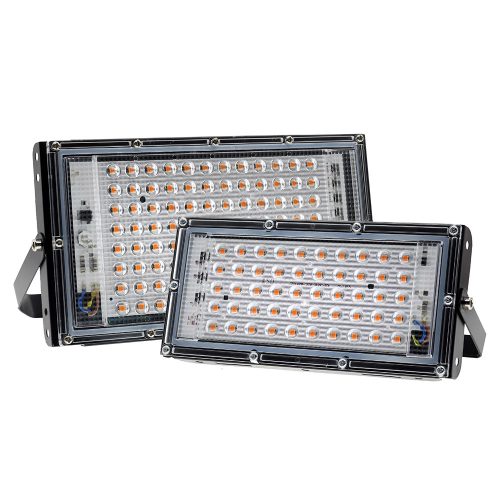Using grow bags for sustainable gardening offers many benefits, including:
- Better drainage: Grow bags provide excellent drainage, which can prevent soil erosion and help maintain healthy soil moisture levels. This is particularly important for plants that are sensitive to overwatering, such as herbs, succulents, and vegetables.
- Portable: Grow bags are lightweight and portable, which makes them ideal for those who have limited space, such as apartment dwellers, or those who want to move their plants to different locations throughout the day to take advantage of the best sunlight.
- Environmentally friendly: Grow bags are typically made from recycled materials, such as fabric or felt, which reduces waste and contributes to a more sustainable environment. Additionally, they can be reused for multiple growing seasons, reducing the need to purchase new pots or containers each year.
- Improved aeration: Grow bags promote better root aeration due to the porous nature of the materials used. This allows for better oxygenation of the soil and encourages healthy root growth, resulting in stronger and healthier plants.
- No soil compaction: Traditional gardening in the ground can result in soil compaction, which can limit root growth and the ability of the soil to absorb nutrients. Grow bags prevent soil compaction and ensure that your plants receive the nutrients they need for optimal growth.
- Versatile: Grow bags can be used for a wide variety of plants, from flowers and herbs to vegetables and fruits. They can also be used indoors or outdoors, making them ideal for any gardening space.
Overall, using grow bags for sustainable gardening offers many benefits, including improved drainage, portability, eco-friendliness, improved aeration, no soil compaction, and versatility. By using grow bags, you can create a healthier and more sustainable environment for your plants and contribute to a more sustainable planet.


